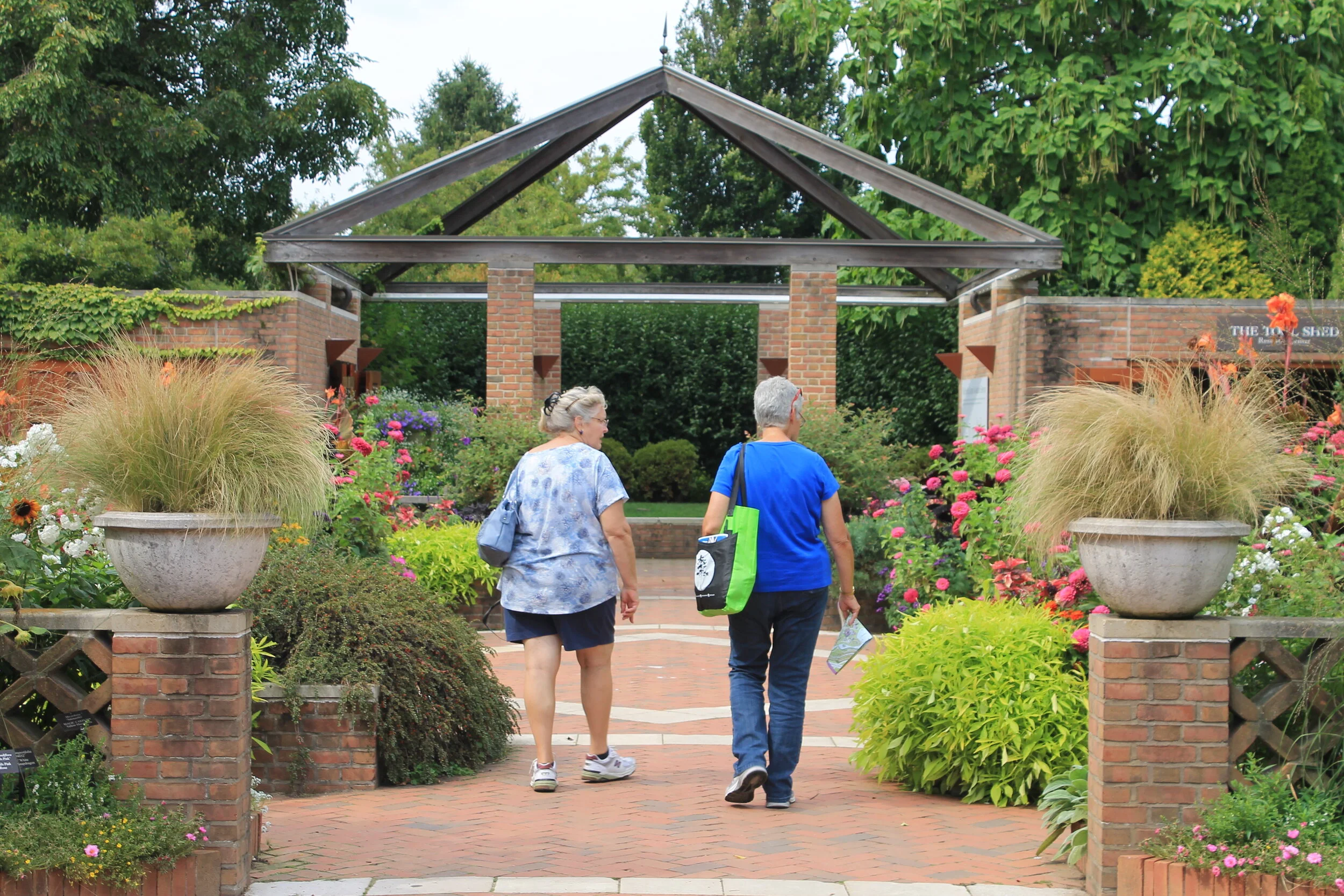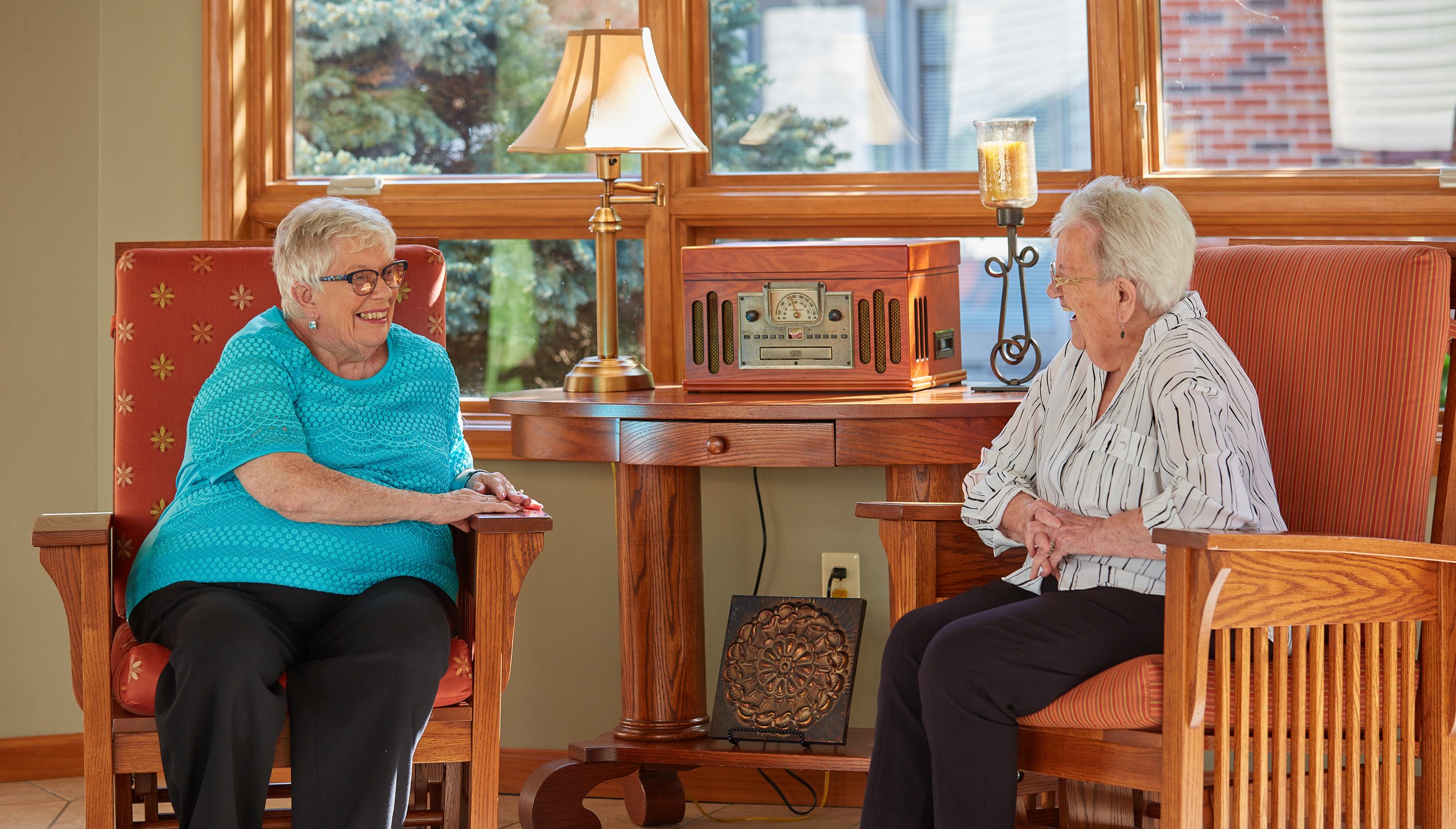Having a plan is essential to many different parts of life. You usually have a plan for what you want to do, where you want to live, whether or not you want to start a family, and more. This is also the case for what you want after you are gone. This is known as estate planning. In this article, we’ll share a guide to estate planning to help you further understand what it is, why it’s important, and how to create an estate plan for yourself.
What Is Estate Planning?
Estate planning involves deciding what happens with your estate after you are gone. Your estate is everything that you own—homes, cars, real estate, personal possessions, furniture, art, life insurance, checking and savings accounts, investments, and more. Anything that you own, no matter how big or small, is considered to be part of your estate. While some things may seem small and insignificant, you’ll need a plan for everything you possess since you will be unable to take it with you.
Making a will and testament is one of the central parts of estate planning, as it allows you to specify how you want your assets to be distributed after you are gone. But estate planning also involves things like naming an executor and beneficiaries, preparing funeral arrangements, setting up trusts, and making charitable donations in order to limit estate taxes.
All of these different aspects of estate planning are incredibly important to make sure that your family, friends, and other loved ones get what you want them to have when you are gone. If you don’t have a will or an estate plan when you die—also known as being intestate—the state will become the executor of your estate. This means that your family, friends, and loved ones will have no say over how your assets are distributed, and the process will involve court intervention and determination.
Surprisingly, over 60% of adults in the United States don’t have an estate plan. These individuals have cited reasons like not getting around to it, not having enough to leave to loved ones, thinking the estate-planning process is too expensive, and not understanding how to go about creating a will. That’s why we’ll provide an estate plan checklist full of estate planning tips to help you through the process.
Estate Planning Checklist
1. Inventory Your Possessions
The first step when you are creating an estate plan is to inventory all of your possessions. This will give you a detailed list of all the assets you own and what you’ll have to designate to beneficiaries. This includes both tangible and intangible possessions. Here are some examples:
Tangible Possessions
Cars and other vehicles, like boats
Homes and other property or real estate
Televisions, computers, and any other electronics
Furniture
Pieces of art, coins, antiques, and any other type of collectible
Other personal possessions
Intangible Possessions
Stocks, bonds, and mutual funds
Checking and savings accounts
Life insurance policies
Business ownership
Retirement plans
Health savings accounts
You’ll have to estimate the value of each of these assets in order to equitably split them between your beneficiaries. With possessions like houses and cars, you can use an outside valuation to help you, but for other items that you aren’t certain about, you’ll have to estimate the value it will hold for a particular beneficiary.
2. Create a Will and Testament
The next step on your estate plan checklist is to create a last will and testament. This will involve many steps that will also be useful in the rest of your estate planning. Here’s how to create a will:
Name an Executor - This individual will be the person fulfilling all of the wishes you include in your will.
Identify Beneficiaries - Identify the individuals or organizations who you want to give parts of your estate to, and the specific parts of the estate you want to give to each of them. You are able to divide your assets amongst them in whichever way you like. These can be family members, friends, loved ones, and even your favorite charities.
Choose a Guardian - If you have children under 18 or are someone’s legal guardian, you’ll also have to choose a guardian for those dependents to care for them if you are no longer able to.
Other Wishes - Include any other wishes that you want to be fulfilled after you are gone. This includes any specific instructions for your funeral, identifying who you want to care for your pets if you have any, and any other desires not related to your financial assets.
Sign It - You must sign and date your will in order for it to be valid.
Have Witnesses - You also need two witnesses to sign your will. These individuals cannot be anyone who is included in the will.
Get It Notarized - Get your will notarized to ensure its validity and that it will hold up in court if there are any disagreements or other issues that come up.
3. Establish Directives and Protect Your Assets
Establishing directives and protecting your assets are two essential elements of creating your estate plan. This will help to ensure all of your wishes are acknowledged and that you are able to pass on valuable possessions to your loved ones without them deteriorating or being drastically reduced due to taxes. Here are some tips to help you:
Know estate tax laws in your state. This will help you plan for how much tax your estate will be required to pay, and allow you to seek other, more tax-friendly options if needed.
Set up a trust. Doing so can let you designate certain parts of your estate to be distributed while you are still alive. Once you die, the assets included in your trust also get disbursed to your beneficiaries immediately, bypassing probate—a court process for distributing assets.
Include a medical care directive. This is also known as a living will, and it specifies your wishes for your medical care if you are no longer to make those decisions for yourself.
Give power of attorney. Give someone you trust the power of attorney so they can make decisions—whether medical, financial, or anything else—for you if you are no longer able to.
If you are looking to leave assets to your favorite charities, consider donating stocks so that the charity receives the full value and your estate avoids paying capital gains taxes.
4. Reassess Your Plan
Even if things don’t change with your situation and your relationships with your beneficiaries, you should still reassess your estate plan every few years. This will ensure that your wishes are up to date and you are able to make any additions or changes that you think of. Maybe the circumstances have changed with some of your beneficiaries and they no longer need the support or protection you included as a directive in your estate plan. That’s why it’s best to revisit your plan frequently to make sure it isn’t outdated.
5. Get ProfessionAL Help
While it is possible to create your own estate plan, it can be more difficult for those with larger estates and many different assets to worry about. You should seek professional help from an attorney or estate tax professional if you are confused or having a tough time building your estate plan. It may cost more than you were planning, but it will ensure that you have everything in order and there won’t be any mistakes, which is the most important part of creating an estate plan.
Pines Village Retirement Communities, Inc. is a nonprofit senior living community in Valparaiso, Indiana, with two campuses: Pines Village and Meridian Woods. The Pines Village campus offers pet-friendly independent living apartments with the option to add assistive services à la carte or in packages. The Meridian Woods campus consists of maintenance-free paired homes and Campbell St. Cafe, which, in addition to being a restaurant open to the public, hosts events and acts as a meeting space for residents and local nonprofits.
At Pines Village, we celebrate life by enriching the lives of older adults. We pride ourselves on our culture, which is driven by a passion for serving the residents, visitors, and staff of Pines Village as well as the greater Valparaiso community. Explore our senior apartment availability, learn more about our assisted living options, or contact us with any questions today!







